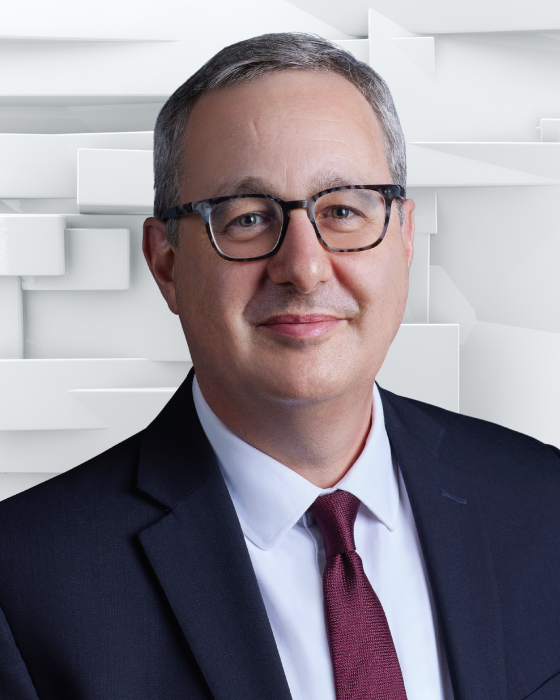Video
Role of Specialty Pharmacy in IBD Management
Author(s):
Transcript:
Miguel Regueiro, MD: David, we have all these wonderful medicines. Tell us, what are you doing and how are you working with the specialty pharmacy?
David T. Rubin, MD: Jessica, earlier in our conversations today, brought up the different factors in deciding and choosing therapies. She mentioned effectiveness, safety, either tolerability or convenience, comorbid illnesses, and some other things. The fourth factor that we must always consider is can we get the therapy, and can we provide it to our patients in a timely way? Can the patient afford whatever element of it they’re responsible for? That’s a major issue in the United States.
The growth of specialty pharmacy as either directly affiliated with our academic or practice-based institutions or third-party specialty pharmacies have been important to us. Every patient who has IBD [inflammatory bowel disease], and every practitioner who takes care of those patients should be availing themselves of this resource not just because they help you streamline the paperwork necessary for preauthorization, reauthorization, and appeals, but also because, if you have an effective specialty pharmacy, they will also educate the patient about the therapy. They contribute to the communication about what you should expect with this treatment, how it is appropriately administered, and how we will monitor it.
What we've demonstrated in our center [at the University of Chicago Medicine], and you have as well, Miguel [with the Cleveland Clinic], and many of our colleagues have done the same, is that they have not only provided expert service to our patients in helping them get the treatments that we decide are the right ones for them. They have also developed a revenue stream for our institution that is separate from all the other work that we do. It's important to acknowledge that as the reality of how we do things.
I happen to be a big fan of specialty pharmacies, but more accurately, I can say I'm big fan of partnering with thoughtful, experienced, expert pharmacists who can guide us through some of this, and that's what I enjoy doing.
Miguel Regueiro, MD: Good. You've been leading in that aspect, but also with the payer landscape changing, this has become of more paramount importance. As Bill outlined, with all the new medicines on the horizon, at some point, we're going to need to work even more with our pharmacists.
Transcript Edited for Clarity




